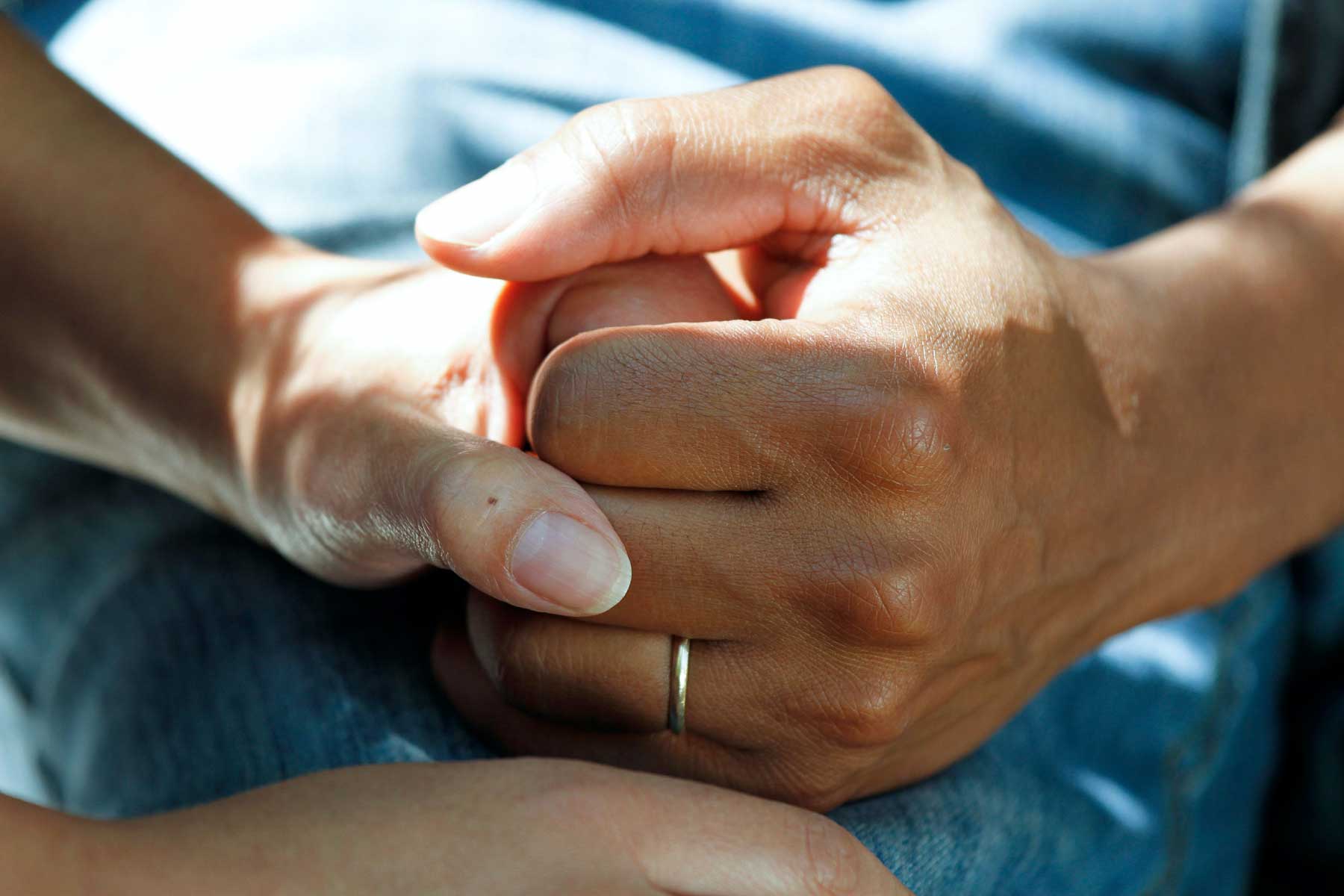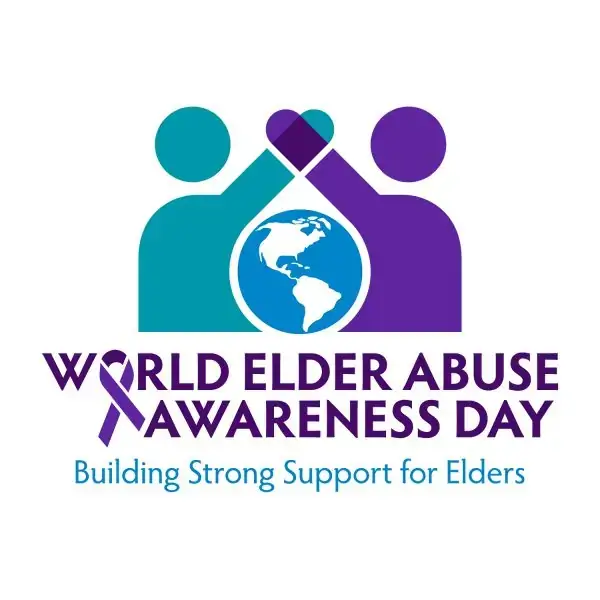World Cancer Day is an international day marked on February 4 to raise awareness of cancer and to encourage its prevention, detection, and treatment. Having cancer patients be a part of the process from the beginning will help them address their overall needs physically, emotionally and socially. Having a supportive caregiver to get through the diagnosis, treatments, etc., is monumental.
Attention caregivers: This article’s focus is to provide helpful tips when caring for a loved one who has been diagnosed with cancer.
Q: What are some ways caregivers can be helpful?
A: When a loved one is diagnosed with cancer, many people feel overwhelmed. Cancer does not just affect the person diagnosed – people involved in that person’s life, and especially those involved in their care, are also impacted. By taking certain steps, you’ll be better equipped to care for your loved one.
Cancer does not just affect the person diagnosed – people involved in that person’s life, and especially those involved in their care, are also impacted.
First, remember that communication is key. Keeping the lines of communication open will help all involved. Second, caregivers need to remember to take care of themselves. Without it their own well-being could become affected. Third, some find support groups can help them cope with the diagnosis along with supporting the mental well-being of the patient and their caregivers. Support and understanding from family and friends often provides the biggest impact on one’s emotional well-being.
The nonprofit Cancer Support Community offers ten tips for caregivers:
1. Know your support system
Talking to others who are experiencing what you may be experiencing can help manage stress, cope with possible isolation, and help you be a better caregiver.
2. Collect information
“Knowledge is power.” Research information about your loved one’s diagnosis and what treatments are available.
3. Understand how your life might change
Many cancer patients and their loved ones express feeling a loss of control after they have been diagnosed. Take time to accept the “new normal” and the changes that may come, one day at a time.
4. Take a break
Take time to relax and renew. Take a walk. This will help with your stress level and frame of mind.
5. Make time for yourself
Don’t forget you have a life, too. Reach out to friends for support.
6. Have a plan
This will give you peace of mind. Think of activities to do during treatments and plan something special to celebrate when treatments are over.
7. Accept help
Everyone needs help. If someone offers, say yes. This will help more than you think.
8. Take care of you
Don’t forget to stay current with your own medical appointments. Exercise, eat well, and get plenty of rest.
9. Manage stress
Meditate, do yoga, or participate in whatever makes you feel at ease. Keeping your stress level down is important.
10. Know your limits
Everyone needs help, including you. Know what you can and cannot do by yourself.
A cancer diagnosis brings change, but patients and their caregivers can take better care of their physical, emotional, and social well-being by taking part in the process from day one. Find more information and support at the Cancer Support Community and the American Cancer Society.
LifePath’s Information & Caregiver Resource Center can help you find answers to your questions. Call 413-773-5555, X1230 or 978-544-2259, X1230 to speak to a Resource Consultant, or email info@LifePathMA.org.





